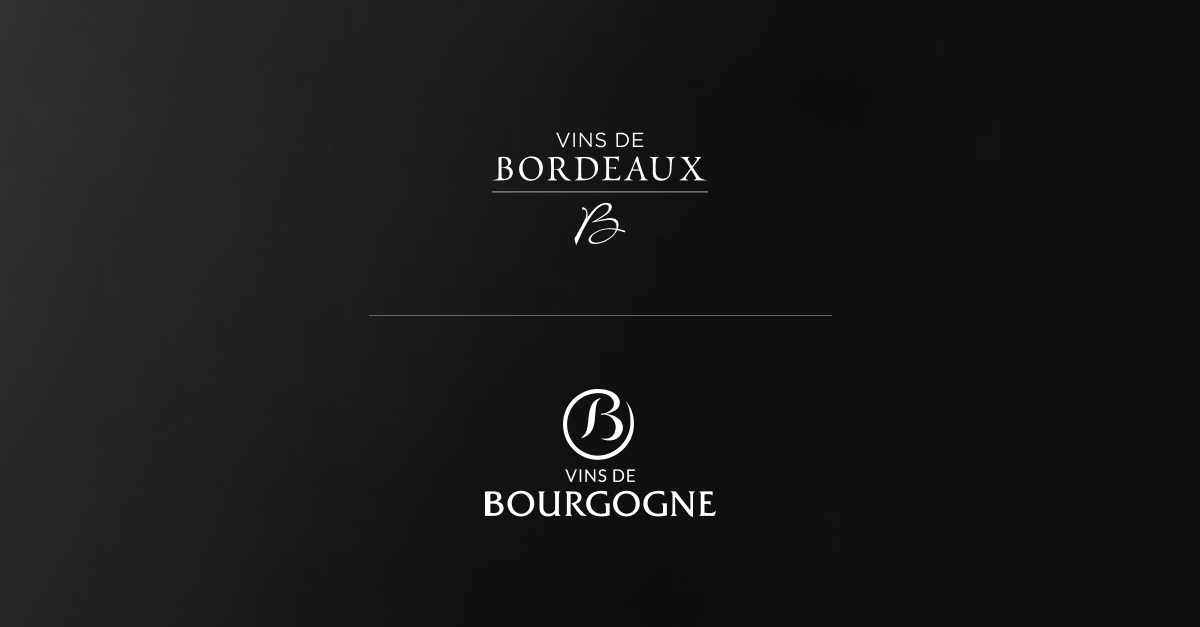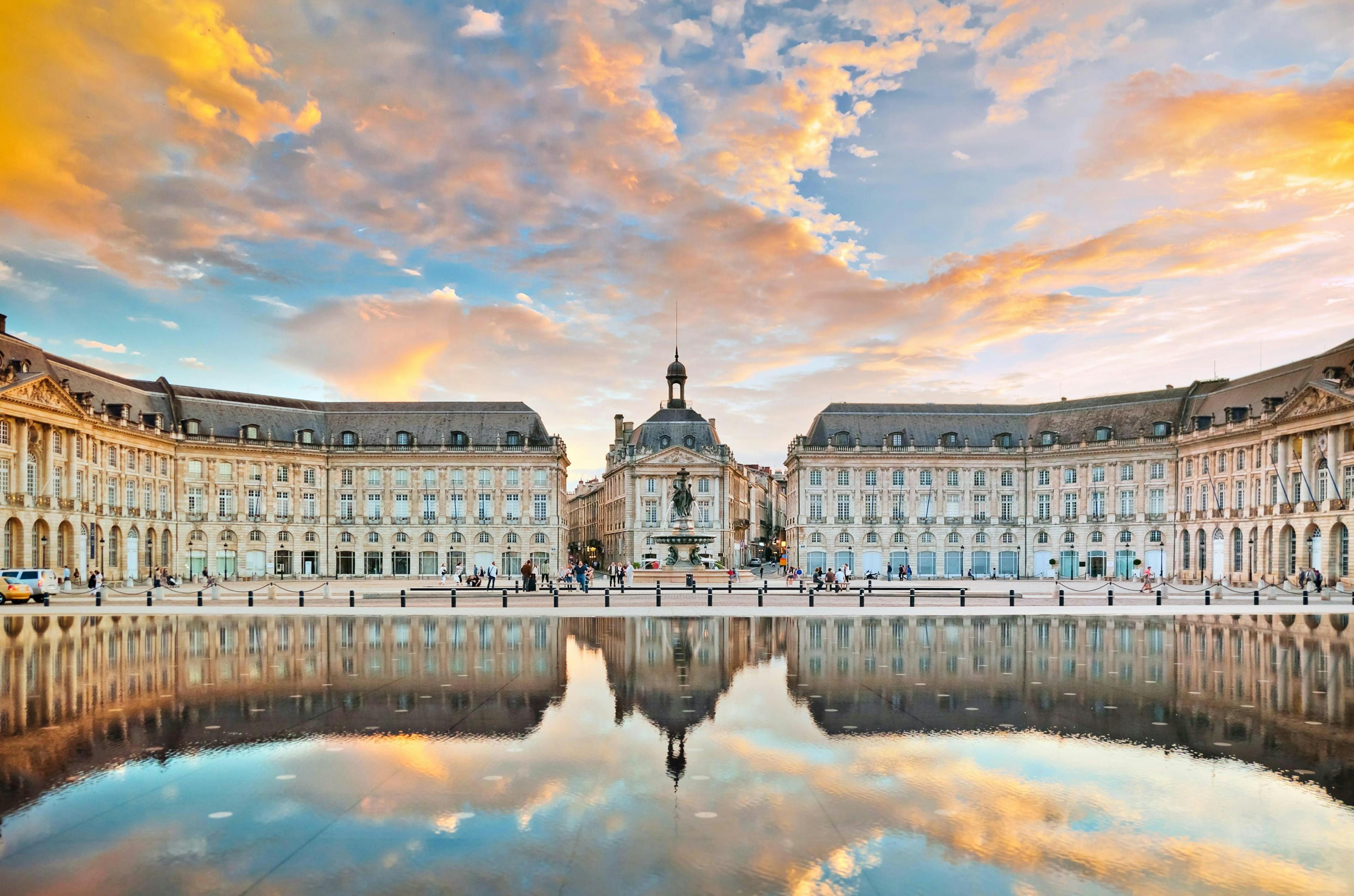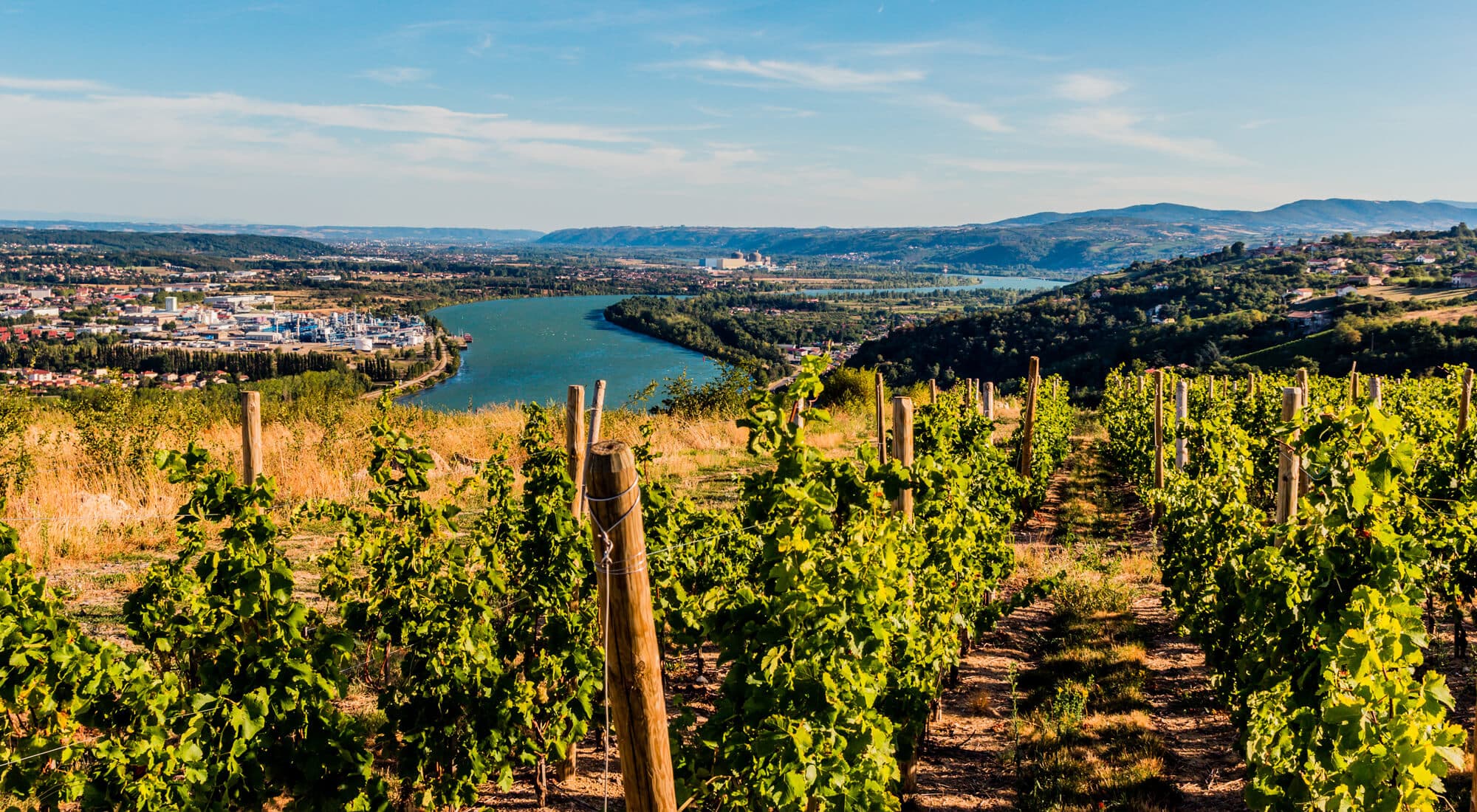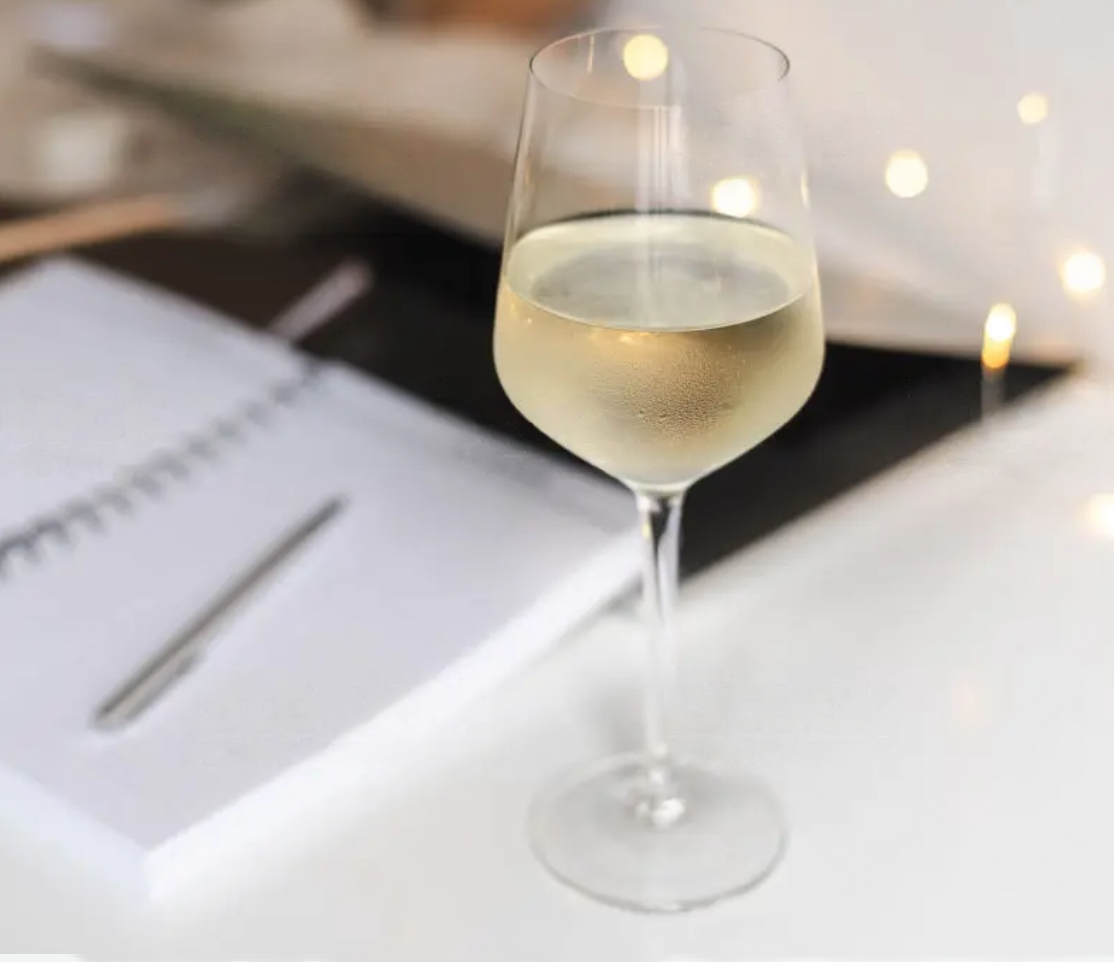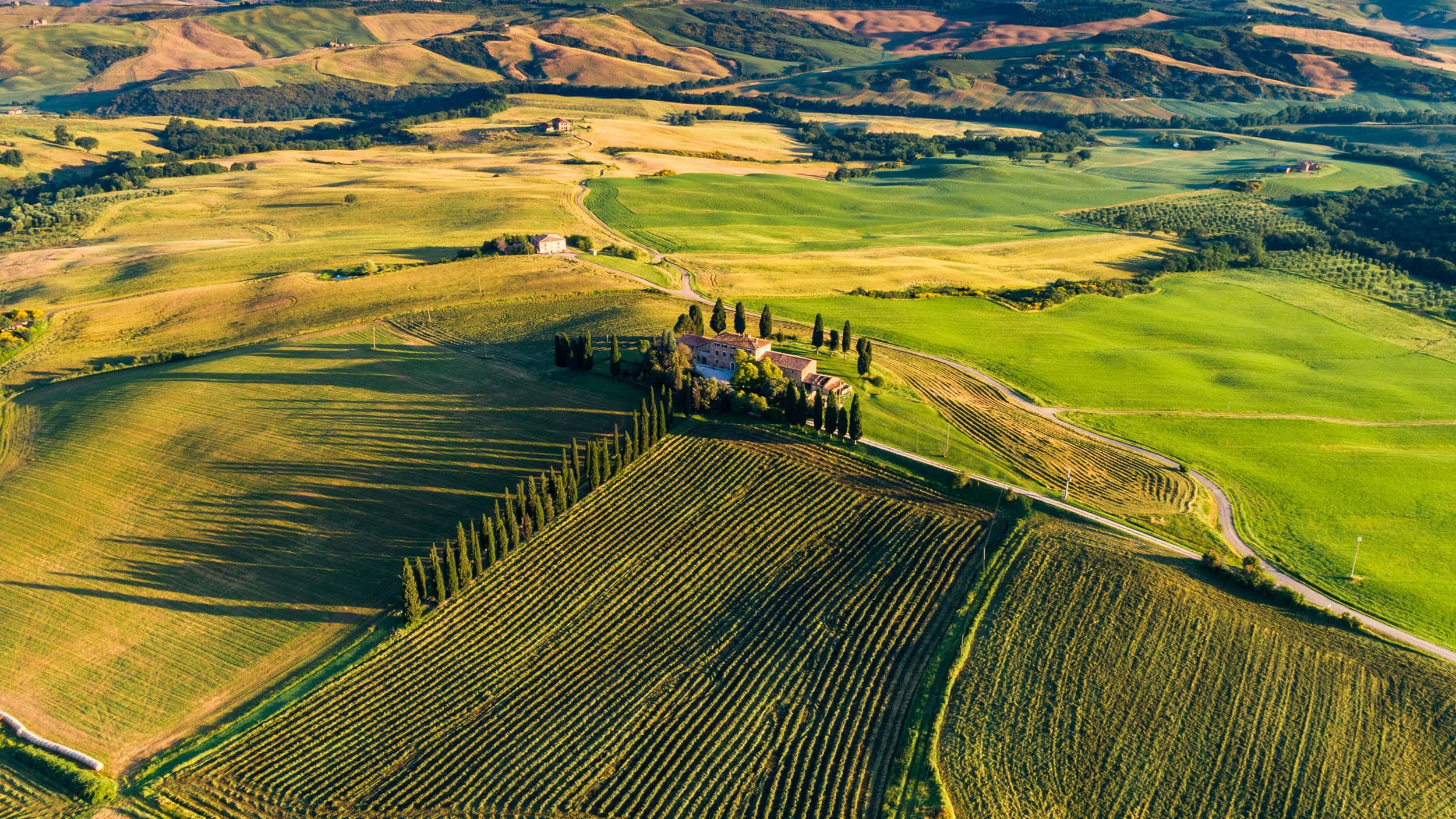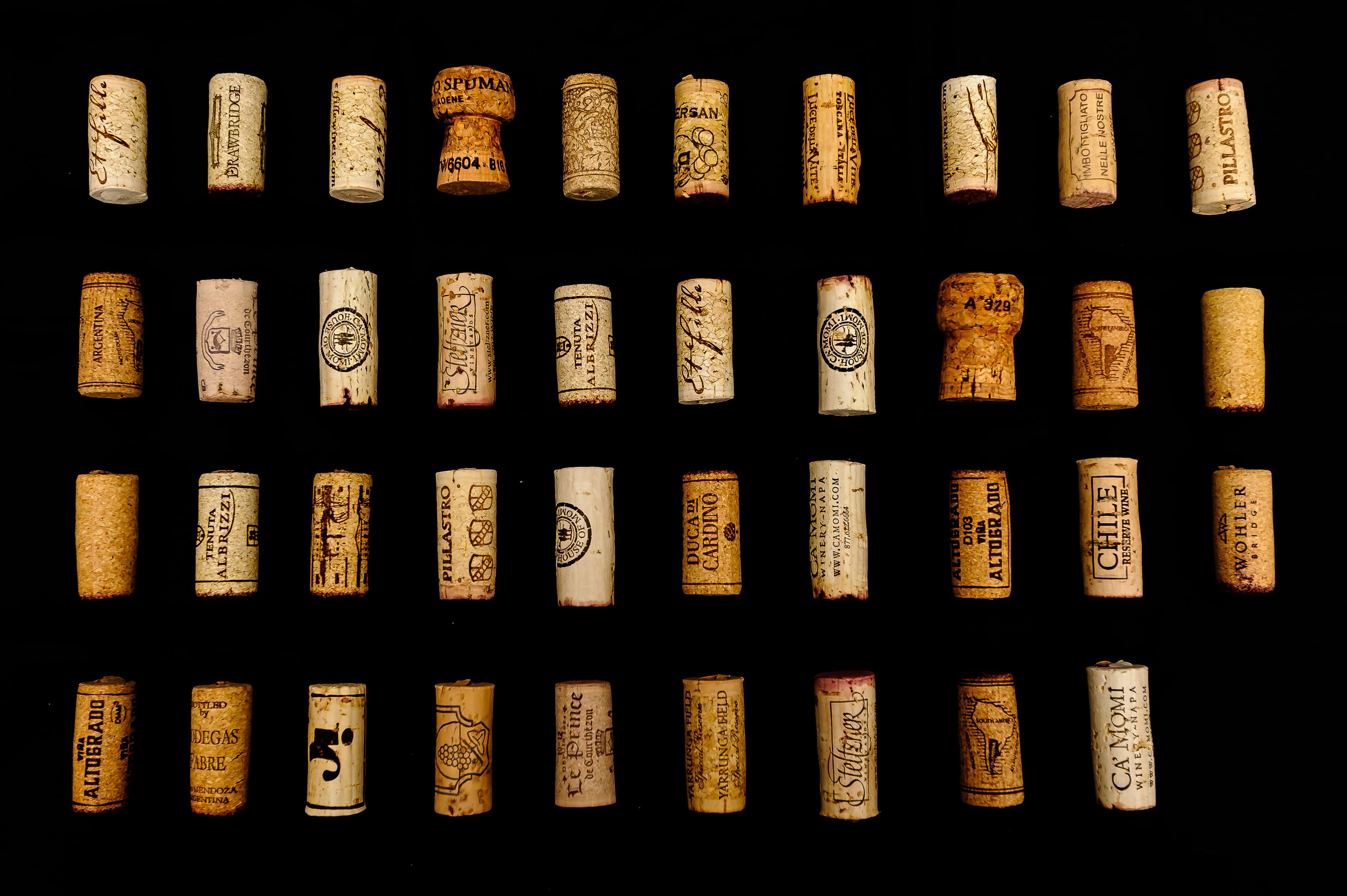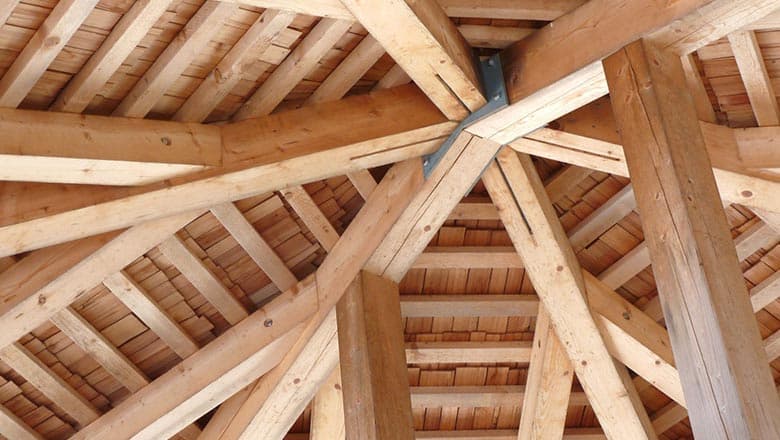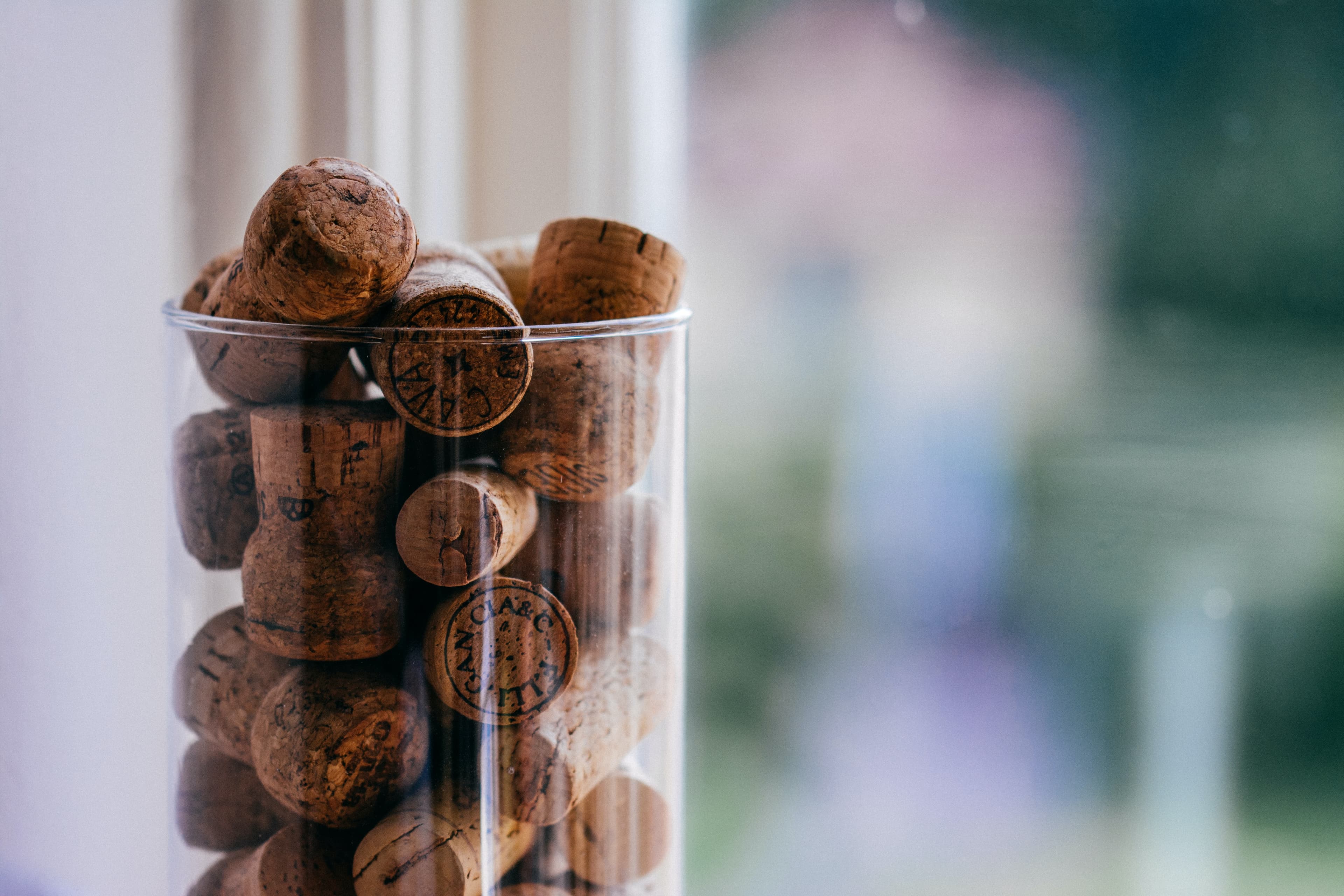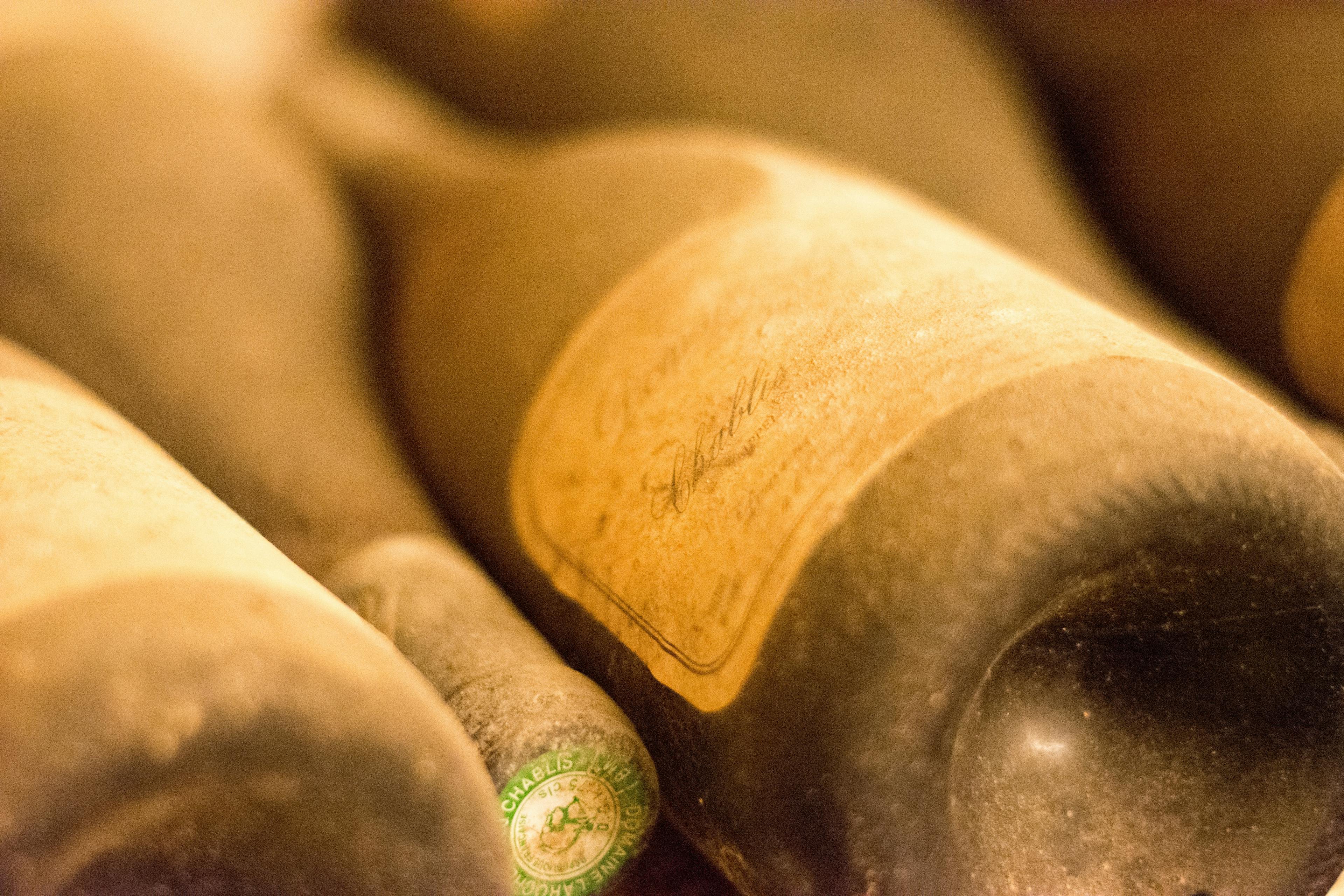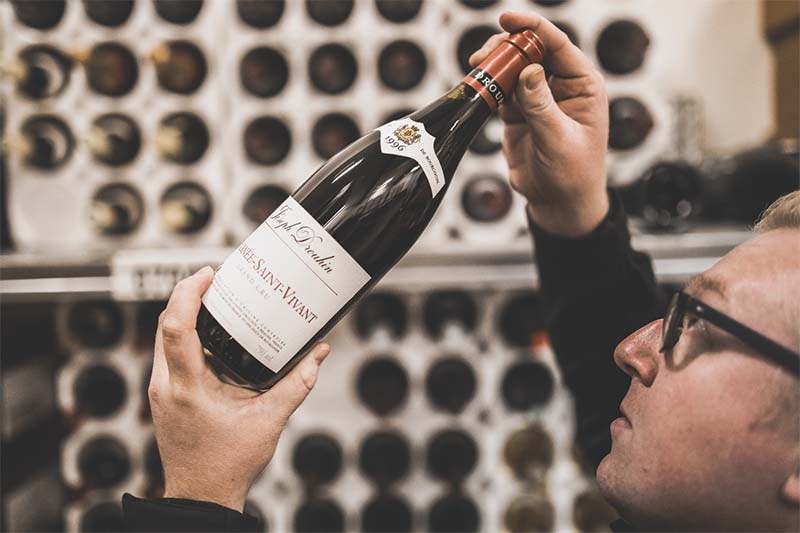
Exploring the prestigious winery of Domaine Rousseau reveals a fascinating blend of tradition and innovation. Nestled in the heart of Burgundy, France, this esteemed vineyard has been synonymous with top-tier wine production for generations. The craftsmanship behind Domaine Rousseau is a testament to the dedication and skill that goes into each bottle. From meticulous vineyard management to the nuanced art of winemaking, every step is a reflection of their commitment to excellence. This introduction delves into the history, techniques, and legacy of Domaine Rousseau, offering a glimpse into what makes this winery a revered name in the wine industry.
The Art of Selecting the Perfect Grapes
At Domaine Rousseau, the meticulous process of selecting the perfect grapes is fundamental to their renowned wine quality. This begins with a deep understanding of the vineyard's microclimate and soil composition, which significantly influences grape characteristics. Each vine is carefully monitored throughout the growing season, ensuring that only the healthiest and most mature grapes make it to harvest.
The timing of the harvest is crucial. Experts at the domaine assess the balance of acidity and sweetness in the grapes, aiming for the optimal moment to pick. This precision ensures that the wines have the right structure and complexity for aging.
Once harvested, the grapes undergo a rigorous selection process. Only the best clusters are chosen for production, with any that do not meet the domaine's high standards being discarded. This attention to detail extends to the winemaking process itself, where traditional techniques are blended with modern innovations to highlight the unique characteristics of each vintage.
For enthusiasts looking to enhance their experience, exploring food pairings with Domaine Rousseau wines can provide delightful culinary adventures. The right combination can elevate both the wine and the meal, creating a harmonious blend of flavors.
Fermentation Process: Traditional vs. Modern Techniques
The fermentation process at Domaine Rousseau skillfully blends traditional and modern techniques, ensuring each batch of wine reflects both heritage and innovation. Traditional methods involve natural yeast fermentation in open wooden vats, a practice that emphasizes the wine's terroir and adds unique character. These vats allow for manual punching down of the cap, which enhances the extraction of color, flavor, and tannins.
Modern techniques at Rousseau include temperature-controlled stainless steel tanks, which offer more precision during fermentation. This method helps in stabilizing the wine and preserving its fruity flavors, making it crucial for producing consistent quality across popular vintages. Additionally, the integration of modern technology facilitates meticulous monitoring and adjustment of fermentation conditions, which is essential for achieving the desired outcome in each vintage.
Traditional Technique: Emphasizes the natural characteristics of the grape, promoting complexity.
Modern Technique: Focuses on consistency and preservation of specific wine attributes, ensuring quality and appeal.
The Aging Process: Barrels and Time
The aging process at Domaine Rousseau is a meticulous practice that significantly influences the taste of their wines. Central to this process are the barrels used, which are typically made from French oak. These barrels impart subtle hints of vanilla and spice, which complement the natural flavors of the grapes.
Selection of Oak: The choice of oak type is crucial as it affects the tannin levels and the aromatic profile of the wine. Domaine Rousseau opts for oak from specific forests known for their tight grain, which allows for a more controlled oxygenation.
Duration of Aging: Wines at Domaine Rousseau are aged for varying periods, depending on the vintage and the specific wine. Generally, the aging period can last from 18 to 24 months, allowing for a gradual evolution of complexity and character.
Monitoring and Rotation: Throughout the aging process, the barrels are regularly tasted and monitored for quality. The winemakers also rotate the barrels to ensure even exposure and maturation.
Bottle Aging: After barrel aging, the wine is transferred to bottles where it continues to mature. This additional aging stage is essential for achieving the balance and depth that Domaine Rousseau wines are renowned for.
Quality Control: Ensuring Consistency and Excellence
Quality control at Domaine Rousseau is a meticulous process that ensures each bottle of wine maintains the highest standards of consistency and excellence. From the vineyard to the store, every step is carefully monitored. The estate employs several key practices to achieve this:
Vineyard Management: The health of the grapes is paramount. Skilled agronomists regularly check soil conditions and vine health, adapting cultivation techniques to suit each parcel's unique needs.
Selective Harvesting: Grapes are handpicked with precision. Only the best fruit makes it to the winery, ensuring that the quality of the raw materials is unparalleled.
Controlled Fermentation: Temperature and fermentation processes are rigorously controlled. This allows the winemakers to preserve the distinct flavors and aromas characteristic of their terroir.
Aging and Blending: Wines are aged in carefully selected oak barrels. Master blenders sample and tweak each batch to achieve a perfect balance before bottling.
Through these detailed practices, Domaine Rousseau guarantees that every bottle reflects their commitment to quality and tradition.
The Blending Art: Creating the Perfect Balance
The blending process at Domaine Rousseau is a meticulous art, aiming to achieve a harmonious balance between the distinct characteristics of each vineyard. This revered winery combines grapes from various plots, each contributing unique notes that enhance the complexity of the final product. Master vintners at Rousseau carefully select and mix these elements, ensuring that no single attribute overshadows another.
Varietal Selection: Each grape variety offers different flavors, aromas, and textures. Pinot Noir, predominant in their blends, provides a solid structure and depth.
Vineyard Contributions: Grapes from older vines contribute concentrated flavors, while younger vines add freshness and vibrancy.
Barrel Influence: The choice of oak barrels plays a crucial role in the aging process, imparting subtle woody notes and tannins that round out the wine’s profile.
Understanding the history of Domaine Rousseau adds depth to the appreciation of their wines, revealing how traditions and innovations merge to create each bottle. This careful blending ensures that every vintage reflects the estate's commitment to quality and its storied past.
Harvesting Techniques: Handpicked with Care
Harvesting techniques at Domaine Rousseau are meticulously planned to ensure the highest quality of grapes. The vineyard strictly adheres to handpicking methods, a traditional approach that protects the integrity of each grape. This labor-intensive process involves skilled workers who select only the ripest grapes, leaving behind those that do not meet the estate's high standards.
The benefits of handpicking are numerous:
Precision: Workers can assess the condition of each grape cluster, ensuring only the best are chosen.
Gentleness: This method prevents the grapes from being damaged, which is crucial for maintaining their full aromatic potential.
Timing: Harvest can be conducted at the optimal moment for each vine, as different sections may ripen at varying rates.
For more detailed insights, consider exploring facts about Domaine Rousseau's unique practices. This careful selection process contributes significantly to the distinctiveness of their wines, highlighting the importance of traditional techniques in modern viticulture.
The Role of the Winemaker: Artistry and Science
The winemaker at Domaine Rousseau skillfully blends artistry with science, ensuring each bottle reflects the prestigious terroir of Burgundy. This role demands a deep understanding of viticulture and enology, balancing creative intuition with precise scientific methods. The winemaker's artistry is evident in the meticulous selection of grapes, where only the best are chosen for production. This selection process is influenced by an intimate knowledge of the vineyard's microclimate and soil composition, which varies significantly across different parcels.
Science plays a crucial role in the winery itself. Here, chemistry ensures that fermentation processes are controlled to enhance the unique characteristics of each vintage. Temperature regulation, yeast management, and timing of fermentation are all critical factors that the winemaker must master. Additionally, the aging process in oak barrels introduces another layer of complexity, infusing the wine with subtle flavors and aromas that contribute to its overall balance and depth.
For those interested in enjoying the full experience of Domaine Rousseau's offerings, understanding the winemaker's dual role of artist and scientist adds a rich layer of appreciation.
Vineyard Management: A Year-Round Commitment
Vineyard management at Domaine Rousseau is a meticulous process that demands attention throughout the year. Each season brings its own set of tasks, ensuring the vines are healthy and capable of producing high-quality grapes. In the spring, the focus is on pruning to regulate the growth and promote aeration within the canopy. This helps prevent disease and encourages the vines to serve the best fruit possible.
Summer requires vigilant canopy management to protect the grapes from sunburn while maintaining good air circulation. Workers thin out leaves and manage vine growth to optimize sunlight exposure, which is crucial for the development of sugars and acids in the grapes. As autumn approaches, the emphasis shifts to monitoring grape maturity to determine the optimal time for harvest. This involves testing sugar levels, acidity, and tannin content in the grapes.
Winter is not a time for rest; rather, it is when the groundwork for the next growing season begins. Soil health is assessed and improved through organic practices such as cover cropping and composting, which enrich the soil and prevent erosion. Each of these efforts ensures that the vineyard remains sustainable and productive year after year.
The Use of Technology in Enhancing Craftsmanship
At Domaine Rousseau, the integration of advanced technology with traditional winemaking methods has significantly elevated the quality and distinctiveness of their wines. This blend of old and new techniques is crucial in maintaining the vineyard's reputation for excellence. Precision agriculture tools, for instance, enable the viticulturists to monitor soil moisture and vine health at an unprecedented level of detail. Such data-driven approaches ensure that each vine receives exactly what it needs for optimal growth.
Moreover, infrared technology helps in identifying ripe grapes from those that need more time on the vine, ensuring uniformity and quality in each batch. Automated temperature control systems in the cellars allow for the precise management of fermentation processes, which is vital for developing the desired flavor profiles.
Infrared Analysis: Pinpoints the perfect harvest time by assessing grape maturity.
Automated Cellar Controls: Stabilizes fermentation temperatures to enhance flavor consistency.
Data-Driven Viticulture: Optimizes vineyard conditions for superior grape quality.
These characteristics not only preserve but also enhance the craftsmanship at Domaine Rousseau, blending tradition with technological innovation to create exceptional wines.
Packaging: The Final Touch of Craftsmanship
Domaine Rousseau's approach to packaging is a testament to their dedication to quality and detail. Each bottle is encased in materials that not only protect the wine but also convey the prestige of the brand. The use of thick, high-quality glass ensures the contents are shielded from external factors that might compromise the wine's integrity. Labels are elegantly designed, featuring a classic layout that reflects the winery's heritage and status in the wine industry.
Wooden Boxes: Specially crafted wooden cases are used for premium vintages, enhancing the unboxing experience and offering additional protection.
Sustainability: Emphasis on eco-friendly materials aligns with the brand’s commitment to environmental responsibility.
Sealing: Wax seals are often employed to preserve flavor and aroma, adding a touch of traditional elegance.
Typography: Carefully selected fonts and text placement enhance the label's readability and aesthetic appeal.
This meticulous attention to packaging detail ensures that from the moment a bottle of Domaine Rousseau is viewed, the quality is apparent, setting the stage for the exceptional experience contained within.
Conclusion
In conclusion, the meticulous craftsmanship behind Domaine Rousseau's wines is a testament to the rich heritage and unwavering dedication to quality that defines this esteemed winery. From the careful selection of terroir to the thoughtful winemaking processes, each bottle of Domaine Rousseau offers a unique story and a complex profile that captivates connoisseurs and casual drinkers alike. The winery's commitment to maintaining traditional methods while embracing innovation ensures that each vintage not only honors the past but also paves the way for future excellence.
For enthusiasts looking to invest in or collect wines from Domaine Rousseau, Rekolt provides an ideal platform. Our fine wine marketplace not only offers a selection of these exquisite wines but also adds value through professional cellar storage options. This service ensures that the integrity and quality of the wine are preserved, enhancing its potential for resale and trade in the future. By choosing Rekolt, you gain the assurance of optimal storage conditions, which is crucial for the maturation and eventual appreciation of fine wines like those from Domaine Rousseau. Whether you're looking to enjoy these wines today or secure them as valuable assets for tomorrow, Rekolt facilitates a seamless experience that honors the legacy of craftsmanship and quality.
Share this article
